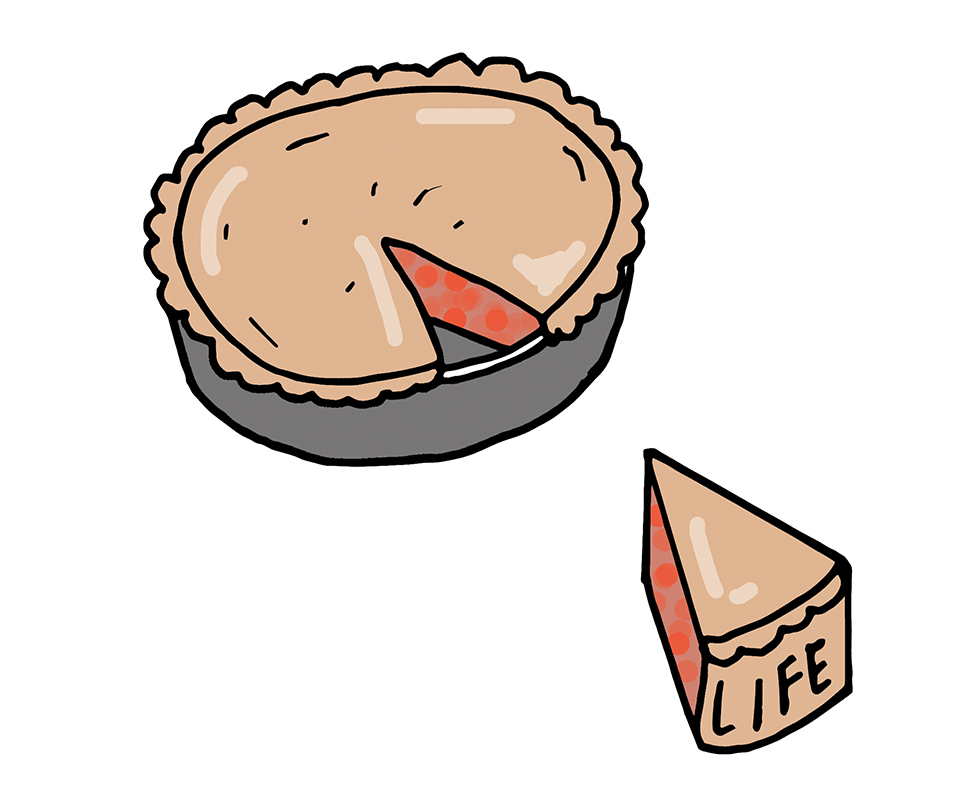Watering your plants with diluted menstrual fluid
Do you like plants? Do you bleed once a month from the holiest of holy holes? Are you always looking for ways to save a few bucks and produce as little waste as possible? Well boy do I have a rad tip for you! If you’re up for the challenge, try diluting your menstrual fluid with water, and use that when watering your plants—it can essentially replace your need for fertilizer.
According to Planet Natural Research Centre, fertilizer mainly consists of three macronutrients: potassium, phosphorus and nitrogen—the same nutrients found in blood. Many organic gardeners also use blood meal fertilizer, which contains a high percentage of nitrogen and is made from dried animal blood, usually cow.
“Farmers have used blood meal since blood meal has existed,” said Jade, a Concordia master’s student who practices horticulture by fertilizing her plants with diluted menstrual fluid. “If you want, you can buy fertilizer at the store, but who knows where it came from,” she said. “Who knows how it was made—it’s probably a petrochemical.”
After Labour Day weekend, Jade and I sat down in a sunlit café to talk about her botanical practices. It was only after almost one year of using her menstrual cup that she one day stopped and thought, ‘Why am I dumping this and how can I make use of it?’
“For me, it was just obvious. I have plants—I’m going to use it on them,” Jade said. Properly diluting your blood is not an exact science, she explained, “but your plants will tell you.” The typical dilution ratio is 10 cups of water to one cup of blood.
In her apartment, Jade has multiple plants that she has grown from seeds: figs, bell peppers, lemons, dragon fruit, tamarillos. She even has a third-generation tomato plant, meaning Jade eats tomatoes that grew from the seeds of an earlier tomato, that came from the seeds of the original tomato (whew). She uses her menstrual fluid dilution on all of her plants.
Jade said that when people learn of her horticultural practices, she’s typically met with skepticism. “There’s definitely a stigma, but we eat plants from the grocery store that we don’t ask any questions about,” she said. “We just accept it.” Jade said she often gets put into a box with a big man-hating, feminazi label on it. “This has absolutely nothing to do with the patriarchy, and everything to do with zero waste.”
Feature graphic by @spooky_soda
